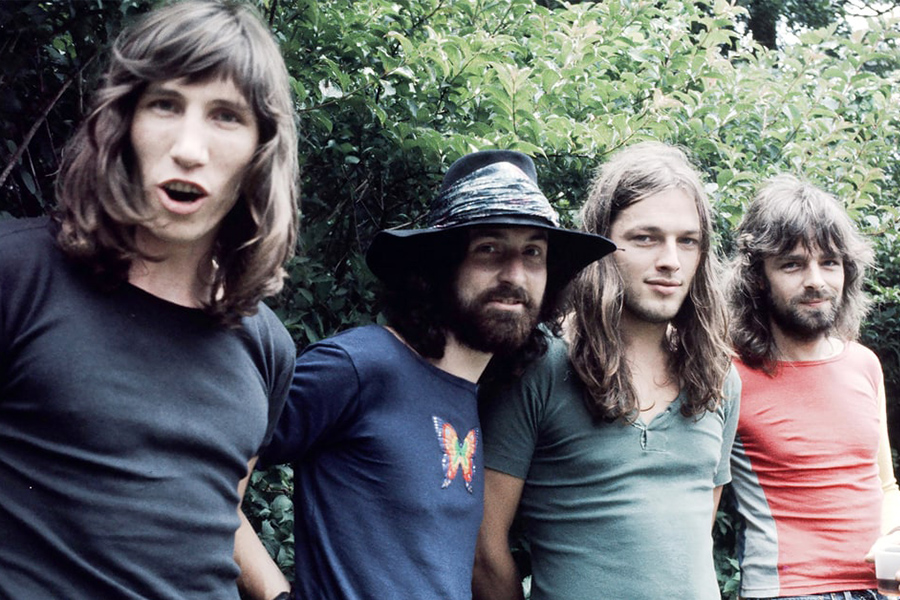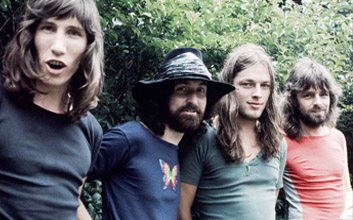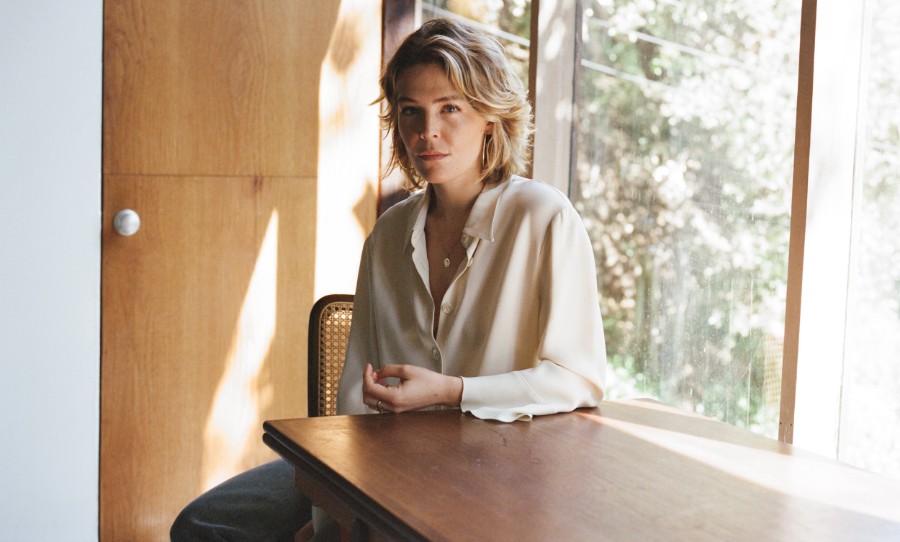Following the release of their 1973 masterpiece Dark Side of the Moon, Pink Floyd were at a bit of a loss of where to go next. Eight albums in, the band had already covered a vast expanse of sonic terrain, from blues to psychedelia to prog to funk. But upon returning to the studio to work on their follow-up in late 1973, drummer Nick Mason recalled, “We didn’t have an idea between us.”
Never ones to shy away from an outlandish idea, the band began revisiting some techniques they had been dabbling in since 1969: using everyday objects as instruments – a project which is now simply referred to as the Household Objects album.

Listen to two tracks from Pink Floyd’s abandoned album Household Objects, which use wine glasses and rubber bands in place of real instruments.
In 1971, Abbey Road’s house tape operator John Leckie, remembers the band “making chords up from the tapping of beer bottles, tearing newspapers for rhythm, and letting off aerosol cans to get a hi-hat sound.” And Richard Wright recalls spending “days getting a pencil and a rubber band till it sounded like a bass.”
The idea came for Household Objects came to fruition in 1969 when the band performed a composition called Work that “involved sawing wood and boiling kettles on stage,” writes Team Rocks’s Mark Blake.
Similar processes were used on their album Atom Heart Mother (1970), specifically the track Alan’s Psychedelic Breakfast, which included recordings of Pink Floyd roadie Alan Styles frying bacon and eggs, and hypnotic sounds of a tap dripping.
The Household Objects recording sessions took place at varying times between 1971 and 1974, says Rolling Stone, and “consisted of Pink Floyd playing songs on hand mixers, light bulbs, wood saws, hammers, brooms and other home appliances. Recording in this manner was excruciating.”
“I remember sitting down with Roger and saying, ‘Roger, this is insane!'” said Richard Wright in an interview with the BBC in 2017, and guitarist David Gilmour agreed. “A lot of the time it would just be like plonky noises. … Ultimately, to me personally, it became rather unsatisfying.”
Eventually the band, at the behest of Gilmour and Wright, abandoned the project in favour of working on what would become Wish You Were Here.
However, two relics from the sessions are still floating around the internet: The Hard Way (the track that Wright favoured rubber bands in place of a bass for), and Wine Glasses (a self-explanatory track that went onto to become the celestial intro for Shine On You Crazy Diamond).
Listen to them below:
[via Open Culture]



